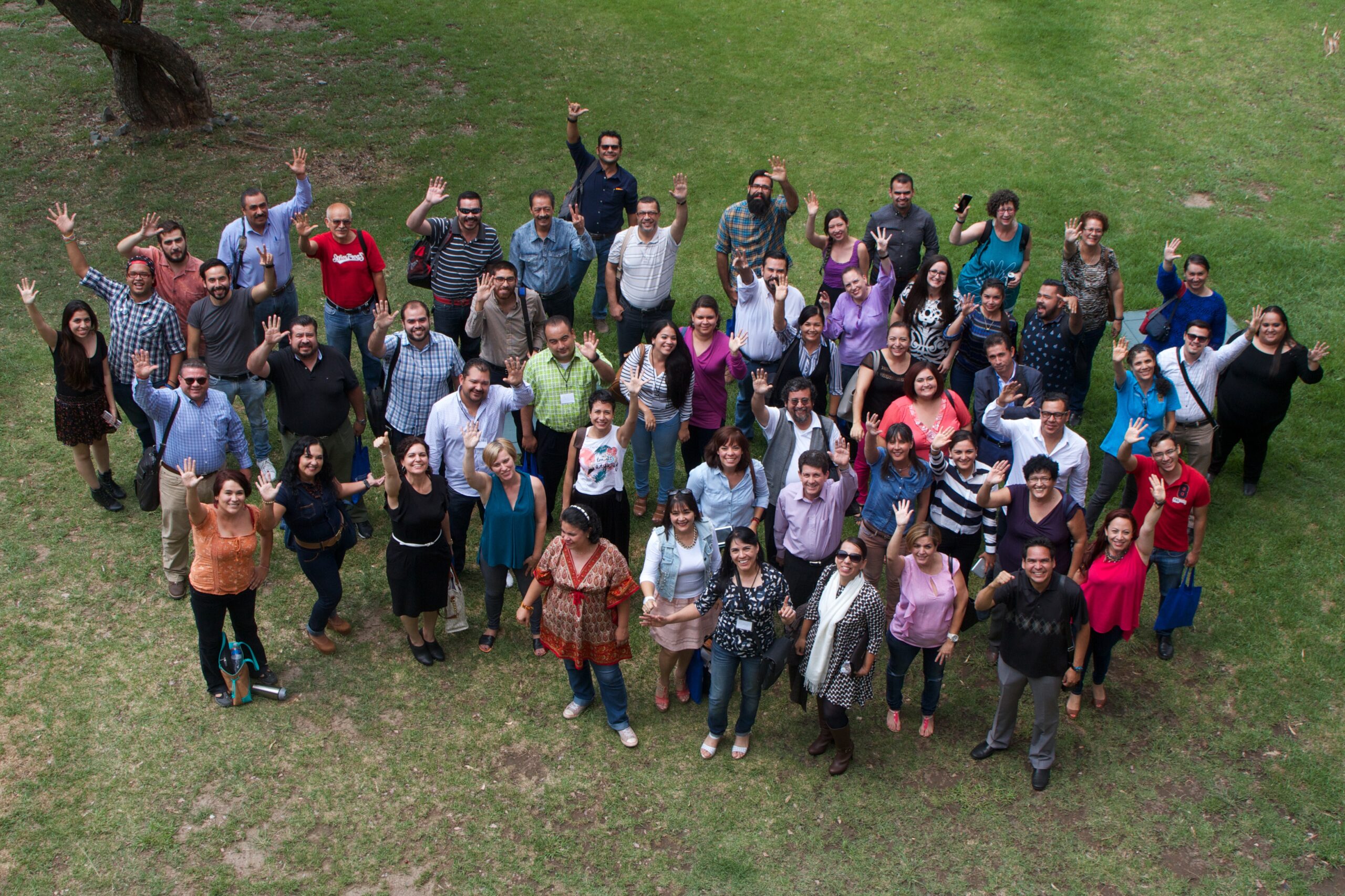In contemporary society, the notion of service, particularly among youth, has garnered profound attention. Many are captivated by the idea of dedicating a year to altruistic endeavors. Within the Bahá’í Faith, the concept of youth engaging in a year of service to humanity not only reflects the teachings of the religion but also addresses a universal yearning for purpose and connection. This article scrutinizes the Bahá’í teachings concerning youth and their potential to transform communities through dedicated service.
The Bahá’í Faith venerates youth as pivotal agents of change, endowed with the vigor and idealism necessary to tackle contemporary issues. This belief underscores the importance of service to humanity as a fundamental principle, transcending mere volunteerism. The transformative potential of a year of service is grounded in its ability to facilitate personal growth, cultivate skills, and foster a profound sense of responsibility toward the global community. The experience enriches not only the individual but also the society at large, nurturing a culture of compassion and collaboration.
At the heart of the Bahá’í teachings is the principle of unity. Young Bahá’í volunteers are encouraged to engage in service that promotes the oneness of humanity. This service often manifests in projects aimed at alleviating poverty, combating ignorance, and promoting social equity. Engaging youth to undertake these initiatives establishes a foundation for enduring relationships—both within communities and across geographic boundaries. Such interactions provide invaluable opportunities for youths to embrace diverse perspectives and cultivate a global outlook.
Moreover, the Bahá’í perspective on education plays a critical role in shaping the ethos of service. Education, in the Bahá’í view, is not solely the acquisition of knowledge but is intrinsically linked to service. Young Bahá’ís are encouraged to apply their education to uplift their communities, embodying the principle that knowledge without action is devoid of purpose. This integration of learning and service fosters an environment where youth can explore their capacities while contributing meaningfully to society.
Another compelling aspect of a year of service in the Bahá’í context is the emphasis on spiritual development. Engaging in service allows youth to explore their spiritual identities and integrate their beliefs into their daily lives. This journey often leads to a deeper understanding of their role in the world as stewards of justice and peace. The act of serving others becomes a pathway for self-discovery, allowing young individuals to unveil their innate powers and aspirations. As they forge connections rooted in mutual respect, they nurture their sense of belonging within a broader spiritual and global community.
Despite the myriad of benefits associated with a year of service, it is essential to acknowledge the challenges that youth may face. Many young individuals grapple with doubts about their capacity to effect change. However, Bahá’í teachings encourage resilience and highlight the importance of striving toward ideals, regardless of perceived limitations. The journey toward service is replete with obstacles, yet it is within these trials that youth can cultivate essential virtues such as patience, perseverance, and empathy. Each challenge becomes an opportunity for growth, reinforcing the understanding that service is a continuous journey rather than a finite goal.
Furthermore, the communal aspect of Bahá’í service projects cannot be overstated. Youth engage not merely as individuals but as members of a collective, united by a shared vision of a better world. This emphasis on community involvement cultivates a sense of solidarity and enhances the impact of their efforts. When youth collaborate with local residents, they gain insight into the unique needs and aspirations of the community. This participatory approach ensures that service initiatives are contextually relevant and sustainable, fostering an enduring commitment to the welfare of others.
The concept of a year of service in the Bahá’í context also serves as a catalyst for broader social change. By immersing themselves in diverse communities, youth are positioned to advocate for social justice, challenge discrimination, and foster inclusivity. They become emboldened to address systemic issues and work toward the elimination of prejudice in all its forms. In doing so, they embody the Bahá’í principle that true progress is inextricably linked to the advancement of all people, regardless of background or belief.
The transformative power of service resonates deeply, igniting a passion in youth to make meaningful contributions to humanity. A year of service not only enriches their lives but also serves as a beacon of hope for the communities they touch. As youth embark on this journey, they embody the ideals of compassion, unity, and service that are at the core of Bahá’í teachings. Through their actions, they reaffirm the notion that when individuals dedicate themselves to the betterment of society, they not only change the lives of others but also pave the way for their own spiritual evolution.
In summation, the Bahá’í emphasis on youth giving a year of service to humanity encapsulates a profound commitment to social change, personal growth, and spiritual development. By engaging in meaningful acts of service, young Bahá’ís not only fulfill their own potential but also contribute to the realization of a world characterized by justice and unity. Their efforts illuminate a path for future generations, creating ripples of positive change that resonate far beyond the confines of their immediate environments. As they navigate this transformative journey, they not only become architects of change but also champions of a more harmonious and interconnected world.
